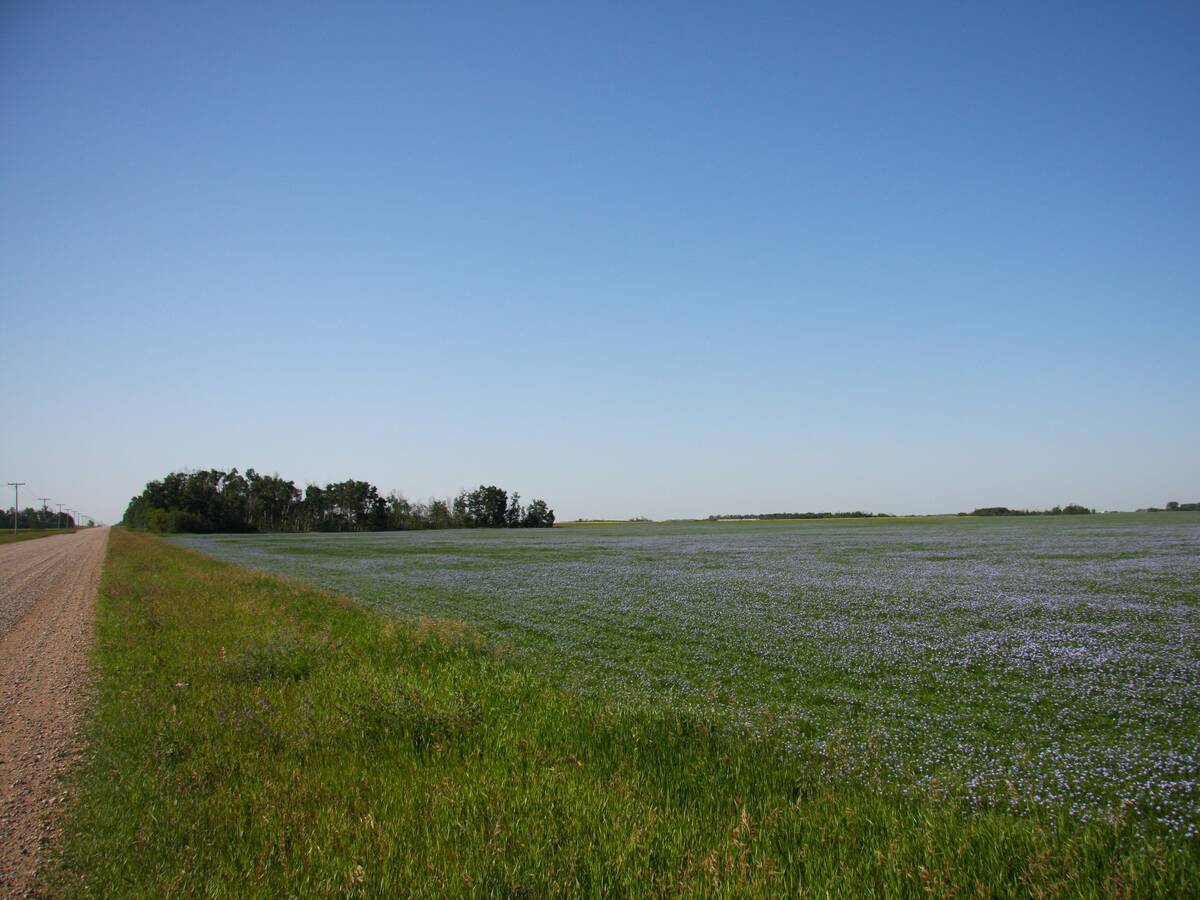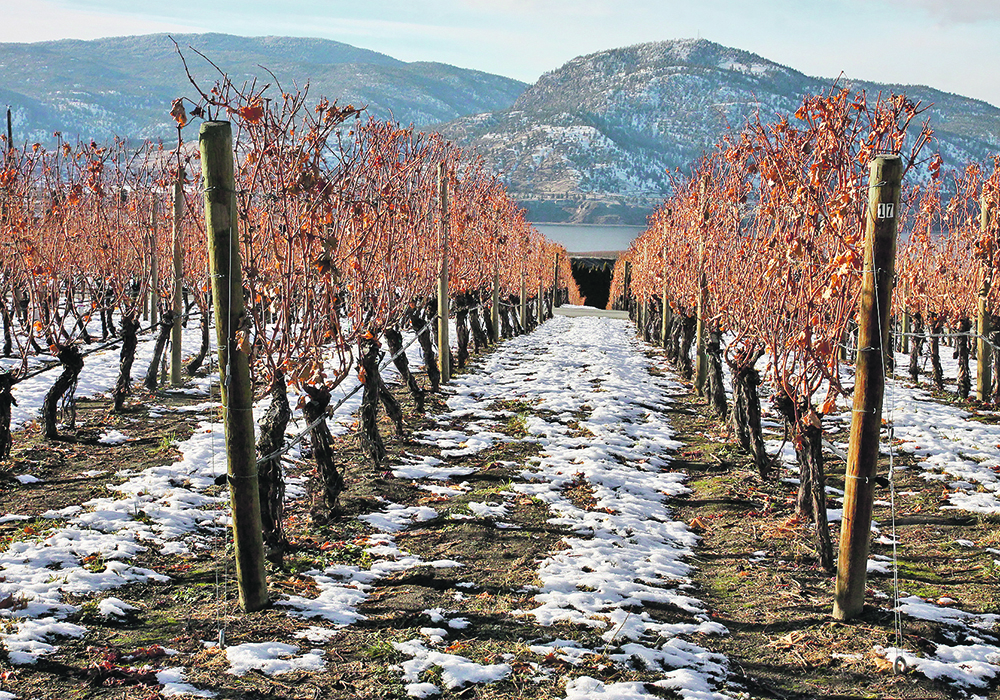New report says the 50-year-old system needs to return to its origins as a way to ensure food security in the province
British Columbia’s Agricultural Land Reserve has been around for 50 years and has changed over time.
Now, a University of B.C. report on the Agricultural Land Commission, the tribunal that oversees the ALR, has concluded it may be time for it to return to its roots to ensure food security.
The ALR was implemented in 1973 to address concerns about food security as more and more farmland was being lost to urban or commercial development.
The province has maintained more than 11 million acres under the ALR land-use designation but a co-author of the report, Making Sense of the Drift: Feeding a Population with Farmland Protection Legislation in British Columbia, said the areas with that zoning have shifted.
Read Also

Farmland advisory committee created in Saskatchewan
The Saskatchewan government has created the Farm Land Ownership Advisory Committee to address farmer concerns and gain feedback about the issues.
Meagan Curtis said some of the ALR has shifted to B.C.’s Peace Country from the Lower Mainland through land swaps, but the original goals of the system require a re-examination.
“We did this to help facilitate food production by not just conserving the land but by being attentive to the people that live on the land, what they are doing, their issues and assisting them where possible,” said Curtis.
The basic concerns regarding land prices and productivity have continued over the past half century, she added.
“It’s not like any of these things have been solved necessarily and we have other things that have been introduced,” said Curtis.
For example, climate change and generational transitions of farms along with the economics of ag production have changed, she added.
“All have exasperated the existing problem…. The concern about can we feed ourselves is still here. The circumstances are different, the factors are different but it’s still as pressing and relevant.”
The ALC was formed to address the concerns of farmers and to preserve agricultural land. It was designed to work collaboratively with producers to address land-use conflicts, said Curtis. That was deemed a necessary approach at the time because of perceived threats to property rights of landowners.
Curtis said it may be time for the ALC to move back to its origins as a problem-solving entity rather than an administrative tribunal arm dealing with conflicts pertaining to agricultural land.
“As a tribunal, it’s gone towards enforcement more than collaboration. I think coming back to these roots about why did we do this, how do we approach our public service and what do we think about land, I think, should be on the table and discussed,” she said. “Because there has been a lot of debate over the last years about what to do with farmland and how to support farmers.”
But some of the ALC’s original mandate such as buying agricultural lands for preservation until they can be purchased by farmers may not be workable, Curtis added.
The biggest criticism Curtis said she has heard, based on interviews with those in the ag sector, has been, “the protection of land over the protection of farmers,” and it’s that idea that she believes has been forgotten when it comes to ALR system.
“It feels to (farmers) as more of a land trust. You’re just holding the land regardless of what happens on the land,” she said. “(The ALR) was established to make sure we were producing enough food and that is, I think, one of the things which have been completely forgotten because then there would be much more attention paid to, are farms successful. are they flourishing and are farmers happy?”
















